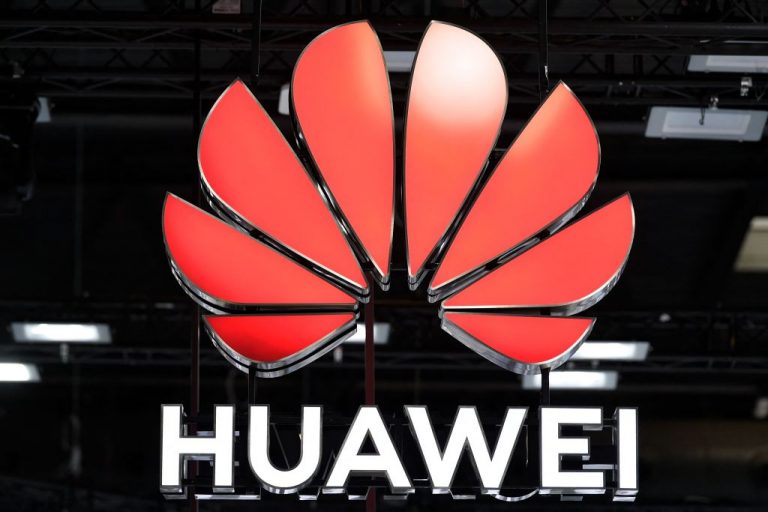Chinese company Huawei is expected to see revenues from its smartphone business drop by $30-$40 billion this year, according to Eric Xu, the company’s rotating chairman for 2021. At a press conference in Beijing, Xu said that the company is “accustomed to working and living with the [U.S.] Entity List.”
In May 2019, former President Donald Trump added Huawei to the Entity List due to security concerns. The trade blacklist prevents American companies from conducting transactions with Huawei without getting permission from the government. Washington then placed a blanket ban on Huawei in Sept. 2020 that blocked the firm from securing chip supplies from America. The Chinese company consequently failed to get advanced chips necessary for manufacturing smartphones.
Huawei’s business has since suffered. In the first half of 2021, the company’s sales from its consumer business, made up largely of smartphones, declined to 135.7 billion yuan (approx. $21 billion) from 255.8 billion yuan (approx. $39.6 billion) a year earlier. Its total revenues have fallen by 29.4 percent in the same period. With Xu announcing that Huawei expects up to $40 billion more loss in revenues this year in its smartphone segment, the company seems to have given up its struggle against U.S. sanctions.
“Our aim is to survive, and to do so sustainably… Despite a decline in revenue from our consumer business caused by external factors, we are confident that our carrier and enterprise businesses will continue to grow steadily,” Xu said in statement. He added that the “biggest hope” for the company is that it exists five to 10 years down the line.
To strengthen business resilience, Huawei is investing in Chinese companies that focus on chip-making tools and materials. However, Xu admitted that it will take some time before communist China becomes self-sufficient in the semiconductor sector.
Success
You are now signed up for our newsletter
Success
Check your email to complete sign up
U.S. Commerce Secretary Gina Raimondo recently stated that Washington could take further actions against Chinese telecommunication firms. It would do so if lawmakers raised enough concerns about the recent approval given to Huawei to buy chips for its car component business. When questioned about how Huawei plans to deal with future trade restrictions, the rotating CEO responded that the company is confident of securing the supply chain.
“When we decided to expand into the new business areas… we fully evaluated our ability to secure chip supplies. If we didn’t feel that we could solve this problem, we wouldn’t have made such a decision in the first place,” Xu stated. He said that the company is downsizing in certain areas while expanding into others to ensure its survival.
Among many businesses, it is focusing on 5G solutions. Xu believes that Huawei’s 5G business can increase the company’s revenues. In addition, the firm expects that its 5G technologies can “create value for different industries.”
He insists that communist China is at the “forefront” of 5G and AI to solve issues in sectors like ports, airports, and coal mining. By cooperating with other Chinese businesses, Huawei expects its 5G and AI businesses to shape the landscape of various industries over the next few years.
A report published in the state-backed media outlet CGTN on Sept. 18 stated that Huawei has teamed up with China’s State Grid, the biggest utility company in the world, to develop next-generation charging infrastructure for electric vehicles.
In April, Huawei debuted its first autonomous smart EV manufactured jointly with SERES. The vehicle’s technology is powered by the company’s Huawei HiCar solutions. Wang Tao, Huawei ICT Business Unit Director, recently delivered a speech revealing that the company has partnered with three major smart car Original Equipment Manufacturers (OEMs).















